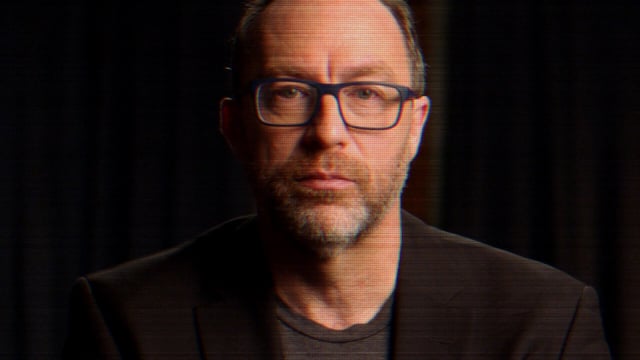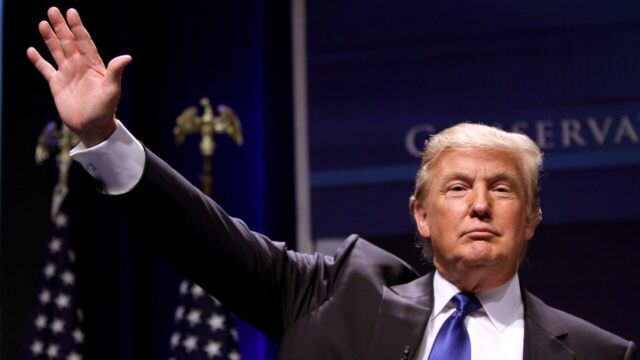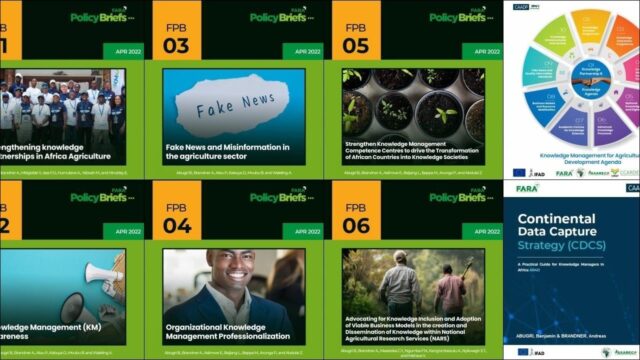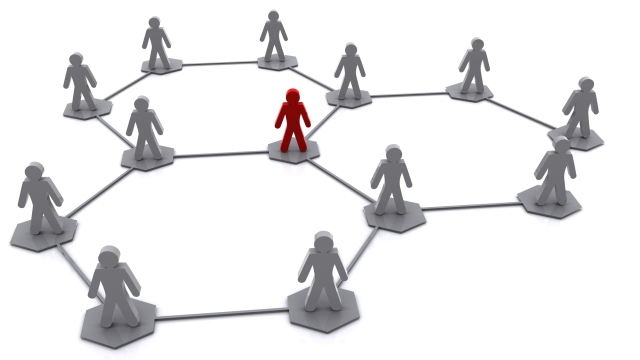
Can WikiTribune effectively counter the scourge of fake news?
Wikipedia founder Jimmy Wales has announced the creation of a new evidence-based news platform called WikiTribune, which he introduces in the video above.
Wales argues that “The news is broken and we can fix it”, through bringing together journalists and community volunteers:
Wikitribune takes professional, standards-based journalism and incorporates the radical idea from the world of Wiki that a community of volunteers can and will reliably protect and improve articles.
WikiTribune is seen as being different from other news platforms in four ways:
- WikiTribune journalists only write articles based on facts that they can verify, and their sources can be seen.
- WikiTribune will be free and ad-free.
- WikiTribune articles will be authored, fact-checked, and verified by professional journalists and community members working side by side as equals.
- WikiTribune is transparent about the way it operates and will publish its financials regularly.
A crowdfunding campaign is currently underway with the aim of engaging a large enough number of monthly subscribers to be able to hire ten journalists. If this goal is not reached then supporters will be refunded (less transaction fees).
Will it work?
Jimmy Wales’ success in establishing Wikipedia as a major collaborative information platform is reason enough to have confidence in the potential success of WikiTribune.
However, some commentators have expressed doubts.
BBC News reports Joshua Benton, director of Harvard University’s Nieman Journalism Lab, as saying that
There’s certainly a model for non-profit news that can be successful if it’s done on a relatively small scale and produces a product that is unique enough.
But I have a hard time seeing this scale up into becoming a massive news organisation.
Writing in The Atlantic, Adrienne LaFrance identifies a list of reasons to be skeptical about WikiTribune’s chances of success:
- Someone who is paid for doing journalistic work cannot be considered “equals” with someone who is unpaid.
- [T]he idea that core journalistic work should be done for free, by volunteers, is harmful to professional journalism.
- [W]hat are WikiTribune subscribers actually paying for? It’s not yet clear what kinds of stories Wales’s 10-person team will cover other than “global news stories” … That’s an awfully broad focus for such a small team.
- [O]ne wonders how much time WikiTribune’s journalists will be expected to spend revising their past work.
- There’s a deeper question of authorship … At what point in the never-ending editing and rewriting process does an article cease to be by the person who originally wrote it?
- What’s stopping [a] politician from logging onto WikiTribune and revising [an] article himself, [and] how can WikiTribune readers be sure that the people making other, more nuanced kinds of suggested edits aren’t politically or financially motivated?
Can WikiTribune be a success, in spite of these issues? Only time can tell.
Also published on Medium.






